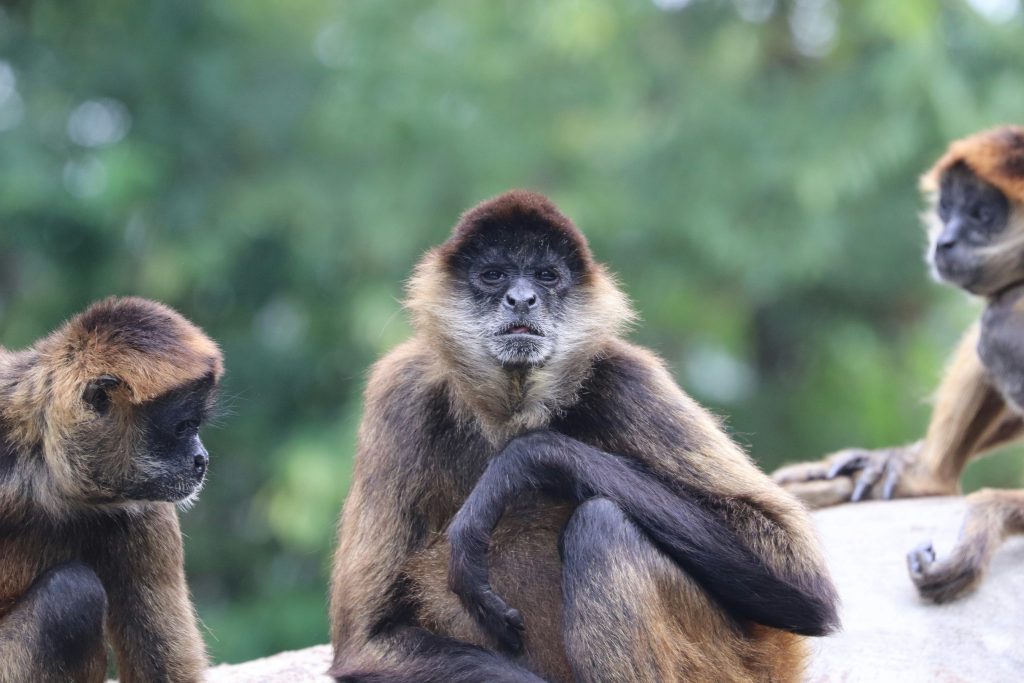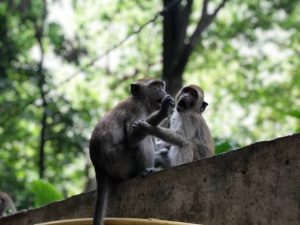Outcry after German zoo culled baboons due to overcrowding
2 min read
German zoo sparks outrage after culling healthy baboons due to overcrowding
Protest Erupts After German Zoo Kills Baboons Over Space Constraints
Omega TV UK – Nuremberg, Germany
A zoo in southern German is facing fierce backlash after it culled 12 healthy Guinea baboons due to overcrowding in their enclosure. The controversial move by Tiergarten Nürnberg has triggered protests, arrests, and legal complaints from animal rights advocates.
On Tuesday morning, the zoo closed to the public “for operational reasons,” shortly before a group of demonstrators scaled its fences. Seven activists were arrested during the protest, including one woman who glued her hands to the pavement near the entrance.
The zoo later confirmed it had euthanised the baboons, none of which were pregnant or involved in scientific studies. The animals were shot, samples were collected for research, and their remains were fed to predators within the zoo.
Zoo Cites Overpopulation, Critics Blame Negligence
According to zoo officials, the baboon population had grown beyond manageable levels, rising to over 40 in a facility designed for 25 animals. They said increased aggression and social tension among the primates prompted the decision, which had been under review for years.

Attempts to transfer some of the baboons to other zoos failed, as partner institutions were also at capacity. The zoo also acknowledged that contraception strategies had not worked as expected.
Dag Encke, the zoo’s director, defended the cull, saying it was a “last resort, taken in line with animal welfare standards outlined by the European Association of Zoos and Aquaria (EAZA).”
However, critics argue the situation was entirely preventable. Christoph Maisack, head of the German Legal Association for Animal Protection Law, said poor breeding management cannot justify the killing of healthy animals.
“This was the result of years of irresponsible practices,” said a spokesperson for Pro Wildlife, who called the decision “avoidable and illegal.”
Legal Action and Public Outrage
Animal rights groups have now filed a criminal complaint against the zoo, claiming it violated laws protecting healthy animals from unnecessary killing. The protest and public response have reignited debate over zoo practices and ethics in Europe.
This incident echoes past controversies, including the widely criticised culling of a healthy giraffe named Marius in 2014 by a zoo in Copenhagen due to genetic concerns.
Activists argue that many European zoos continue to allow unsustainable breeding without planning for long-term animal care, resulting in tragic consequences for surplus animals.
As the legal case unfolds, the Tiergarten Nürnberg remains under heavy scrutiny, with growing calls for reforms in breeding policies and stronger accountability across the zoo industry.






